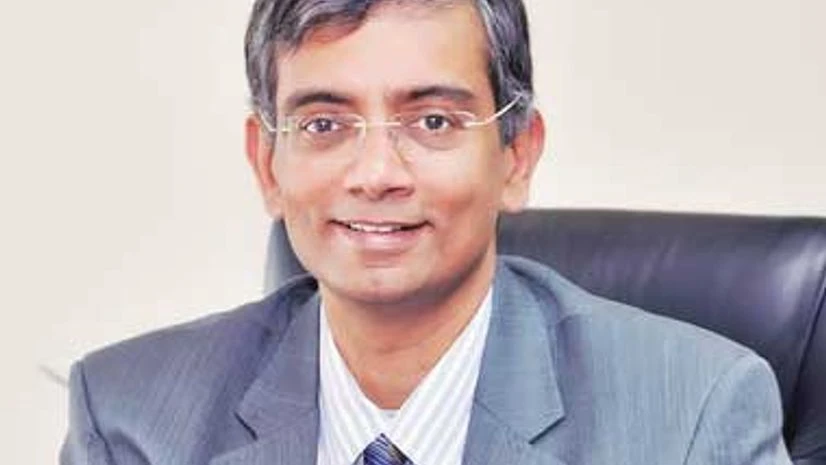The civil aviation ministry wants to boost aeronautical manufacturing and maintenance, repair and operations (MRO) services in India through policy reforms. Airbus India Managing Director Srinivasan Dwarakanath talks to Aneesh Phadnis about the European plane maker's plans on outsourcing, MRO and aircraft deliveries in India. Edited excerpts:
What are the policy enablers Airbus would like to see to boost the government's 'Make in India' programme ?
Changes in the offset policy would help, especially if we get the ability to use the civilian aerospace manufacturing work to satisfy defence procurement offsets. This is because the volume of work on the civil side is higher and such a policy reform would help. The second thing we would like to see is skill development. We have been discussing with the government on steps that can be taken to impart the right skills at vocational institutes. We can support the programmes with internships with Airbus supply chain in India. If we want to manufacture quality products, we'll need to train our manpower with the right skills.
More From This Section
At the moment, we do not have any plans to set up a final assembly line in India. What we're looking at are the lines below - that is developing aerostructure (airframe components) assemblies and vertically integrating them. The focus is about creating manufacturing jobs and we need to begin with aeronautical parts and aeronautical assemblies. We're working with several firms in India. Dynamatic Technologies of Bengaluru started as a tier-II supplier of flap track beams (wing component) for us and now it has become a tier-I supplier for the A330 aircraft. This means, they do not only do the assembly but has to manage the supply chain for the assembly as well.
How much outsourcing does Airbus do from India?
This year, we've crossed $400 million and this includes both the value of our engineering services and components and parts, which we procure from India. There has been a 12-fold growth in outsourcing in the past nine years. Sustaining an annual target of $400 million is not easy, but we're committed to achieving a cumulative volume worth $2-billion sourcing in the next five years.
What is the status of Airbus' plans to set up an MRO unit in India? Are you satisfied with the incentives proposed by the government?
It is our interest to work with our partner companies to ensure MRO capabilities are available to them. We're looking at how best we can achieve that and we're exploring partnerships with Indian companies. The proposed incentives, such as zero service tax on MRO services, is a step in the right direction. The government has realised positive contribution that the MRO sector can bring. Additionally, we are working with airlines to meet their maintenance requirements. We have been working with Vistara on a tailored support engineering package and we're looking to partner with MRO providers on how to support services.
Do you see a market in India beyond orders for 520 Airbus planes? Is there a demand for wide-body aircraft in India?
India needs wide-body aircraft. At present, 60-70 per cent of our foreign traffic is carried out by international carriers. The number of wide-body planes in India is low and makes only 15 per cent of airlines' fleets. We believe it will increase to 30-plus per cent in the next 20 years. Even trunk routes like Delhi-Mumbai would require wide-body capacity. The full-service carriers will expand on long-haul routes, which will require wide-body planes, such as A350s. There is potential for Airbus A330 regional type plane for routes within India and South Asia, as it can seat 400 passengers and offer cost savings due to lower fuel burn in comparison to its peers.
Airbus seems to have a packed delivery schedule in the Indian market...
From the end of this year, Airbus is looking at delivering one aircraft a week to Indian carriers over the next 10 years. That is about 50 aircraft an year. These will be the A320neo planes, which will be delivered to IndiGo, GoAir and Vistara. Even Air India is looking to lease A320neo for replacement and incremental addition to its fleet.
The civil aviation policy says the government will encourage airlines to consolidate demand and place a single order. Do you think that will happen?
That appears to be the intention of the government. Whether it will happen or not is different because each airline has its own unique features, requirement, financing model and negotiating ability. In China, different airlines come together and place bulk order. But it is a different model there.

)
